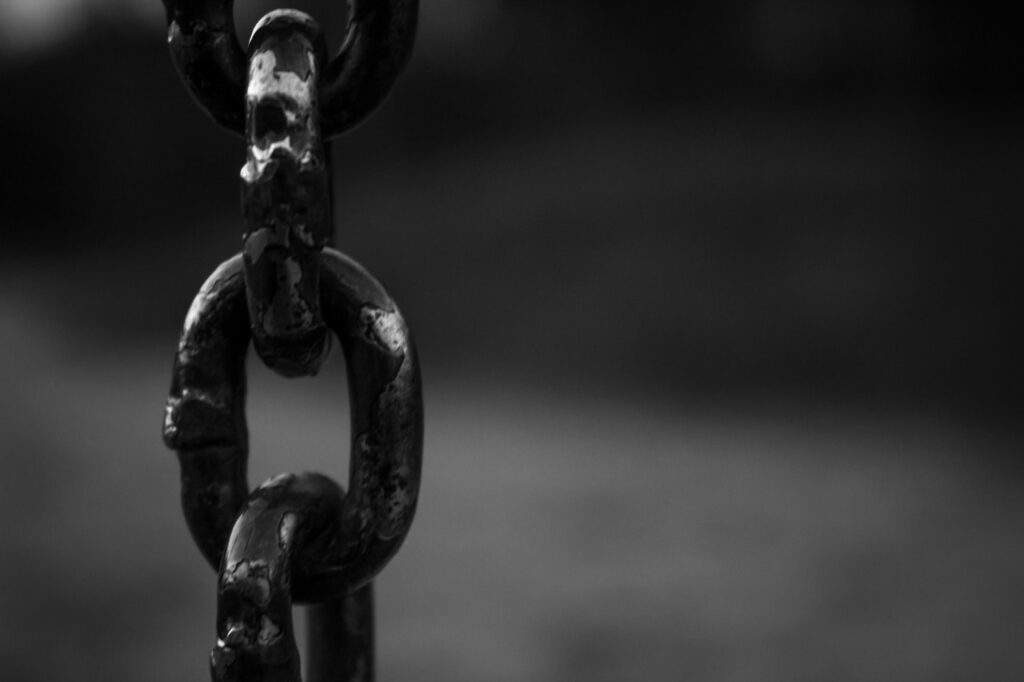Some people assume that racism happens primarily on an individual level, and only people enact racism. They see racism as the use of racist epithets. Racism can be said insidious as nearly everything being experienced is influenced by skin color. Thus lower housing equity contributes to less overall wealth for Black and people from other communities. It is important to note that racism impacts almost every facet of life. For example, systemic racism can be seen in every aspect of society.
It is correct that the foundation of the United States has been laid on the backs of enslaved African Americans that helped build the wealth of White landowners. The people of color are being made to cope and endure disparate events, looking from being enslaved to the Jim Crow Era, going through the incidents of mass incarceration and police brutality. There have been tragic histories of being assaulted, killed, mistreated, and robbed of different identities (Small and Pager, 2020).
The trend of racism and associated struggles stretched from history to date in more troubling forms making the people of color face disproportionate barriers in different aspects of life that ultimately pose negative impacts on health. It is highly seen that people of color are more likely to face juvenile detention, which makes them part of the criminal justice system (Conway et al., 2017). The justice system acts as a source of significant hardship for people; instead of being a source of empowerment and an avenue for justice and fair treatment.
The people of color are the population that suffers more injustice and therefore look out for justice as a top priority. The demand of the people of color calls for justice with meaningful change. Justice to the communities and the families can be restored by bringing unfair mass incarceration to an end. It is the right of every person that the authorities must respect and honor their cultural norms.
Considering many violent incidents that disparately impact people of color, especially in prisons, it is clear that they suffer the most. The violence targeting and killing by law enforcement agents represents the desire for justice for people of color. To remove injustice, reforms should aim to improve civil services’ nature to alleviate discrimination. To come up with individual bias helps eliminate disparities, but the contribution of flawed systems makes it more complicated to tackle racial injustice. Making reforms around the policies or laws facilitate transforming the discriminatory events that will help promote justice and equity.
References
Conway, J. G., Lipsey, N. P., Pogge, G., and Ratliff, K. A. (2017). Racial prejudice predicts less desire to learn about white privilege. Social Psychology, 48(5). https://doi.org/10.1027/1864-9335/a000314
Small, M. L., & Pager, D. (2020). Sociological perspectives on racial discrimination. Journal of Economic Perspectives, 34(2), 49-67. doi: 10.1257/jep.34.2.49

